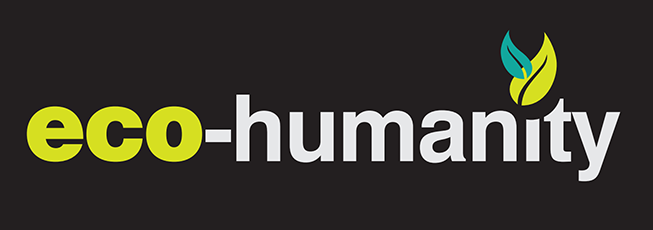 In his book Can we be happier?, Richard Layard advocates that the central driving principle of mankind should be to maximise the total happiness experienced by all individuals across a society.
In his book Can we be happier?, Richard Layard advocates that the central driving principle of mankind should be to maximise the total happiness experienced by all individuals across a society.
It represents a brave attempt by a trained economist to advocate that governments change the objective of maximising GDP growth to one of looking to improve the health, wealth and quality of life of its citizens as measured by their happiness.
I don’t think the author does any favours to his idea by using the term happiness. Happiness conjures images of silliness, unthinking behaviour and short-term enjoyment. This is not what he means. In the book happiness is measured by asking people how satisfied they are with their life. Life-satisfaction, in my view is quite a different concept, in implies a contentment with one’s position in the world. The book should be retitled Can we be more satisfied with our lives?
He says:
The challenge to development economists is clear. Grinding poverty has to be eliminated. It destroys happiness and shortens lives. But it is wrong to go helter-skelter for growth. What is needed is a deliberate process whereby genuine communities are maintained or created – communities which give people the feeling of belonging and purpose.
All this is true but this will not be achieved by focussing solely on life-satisfaction. The measurement is unaspirational, unaccepting of change and self -centred. I believe a better measure of human progress is life-fulfilment.
To quote from Compete or Co-operate:
I believe there are two aims for human society that most of us can support. The first is for as many people as possible to live a sufficiently healthy and safe existence that they can achieve life fulfilling roles in their communities. The second is to achieve an ecologically stable presence on Earth, one in which the future of humanity is secure and the natural world is protected. The pursuit of life fulfilment is a specifically human objective. It is an expression of the human requirement to have purpose and meaning in life. All humans need recognition and praise for their achievements, however small they may be. Life-fulfilment can be as elemental as bringing up a family, but it also can be gained by work, participating in sport, and providing support to others in the community. Its outcome is directly related to the needs of society as a whole and not necessarily based on material reward or personal self-gratification.
Concentrating on maximising happiness alone will not be enough to create a successful society.
